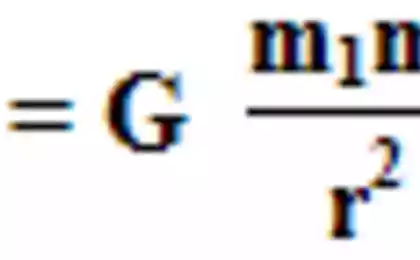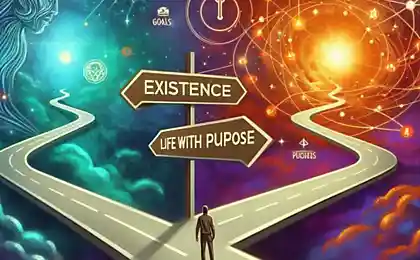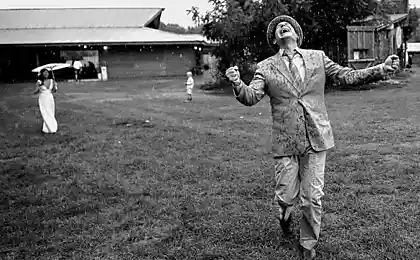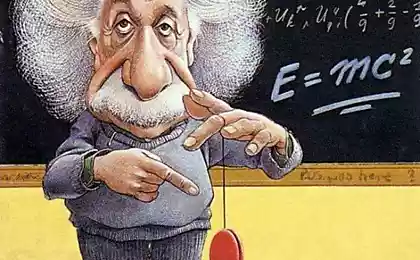196
The science of wish fulfillment: Why your dreams don’t come true and how to fix them

Every December, millions of people repeat the ritual: write a wish on paper, set the edge on fire, and the ashes are washed down with champagne. But the statistics are ruthless: 92% of New Year's resolutions are forgotten by February. What's wrong? The answer lies at the intersection of neuroscience, psychology and ancient spiritual practices.
Why “want” to “get”: The neurophysiology of desires
NIH research shows that the brain does not distinguish the abstract "want a yacht" from the detailed "swim on a 15-meter Beneteau in the Aegean Sea." Dr. Joe Dispenza explains, “Neural networks are only activated in specific thought patterns.” An example of an unfortunate formulation:
- “I want more money” – the brain records the state of “scarcity”
- Receive $5,000 a Month from Passive Sources
The Three Laws of Environmental Desire

- The principle of non-paradoxality: “I want to stop being afraid of public speaking” reinforces the focus on fear. Reframe: “I speak confidently in front of 100+ people.”
- The law of energy balance: According to Sage Journals, 17% of mental energy is used to maintain unrealized desires.
- Rule 5D: Dream → Decide → Design → Do → Diagnose (dream, decide, design, act, analyze).
“Consciousness is a garden. What you grow, you reap. – Carl Jung
SMART Wishing Method: Instructions from NASA
The space agency uses an adapted method of setting goals:
ExampleSpecificNot to travel but to visit 3 Asian countriesMeasurableLearn 200 Spanish words in 40 daysAchievableRelevantCoincidence with life valuesTime-bound Clear deadlines with intermediate stages
Quantum paradox: When desires are dangerous

An experiment by Princeton University (PEAR) found that 23 percent of “fulfilled” wishes made life worse. Reason? Unreported consequences. Safety equipment:
- Environmental testing: What will change in my relationships/work/health?
- Script Modeling: The Monte Carlo Method for Personal Purposes
Glossary
Neuroplasticity
The ability of the brain to form new neural connections in response to experience
Law of Attraction
The Philosophical Concept of Attracting Events Through Focus
SMART targets
Methodology of setting specific measurable tasks























